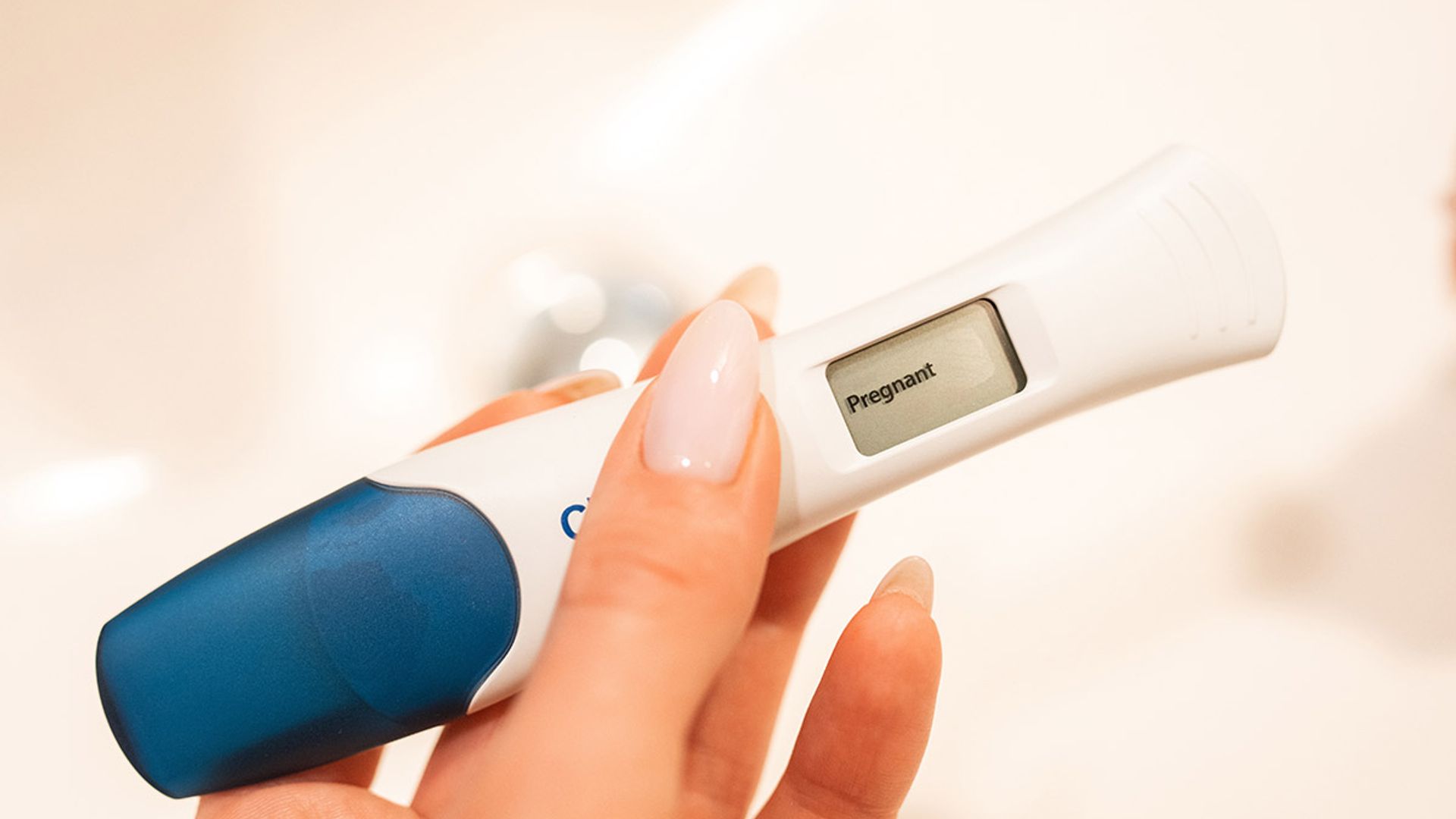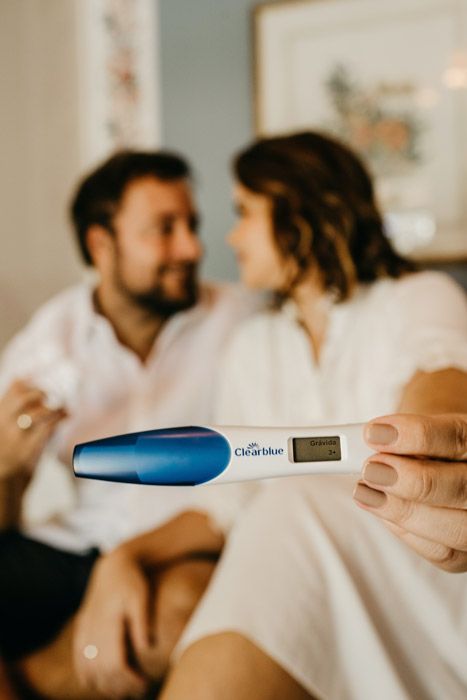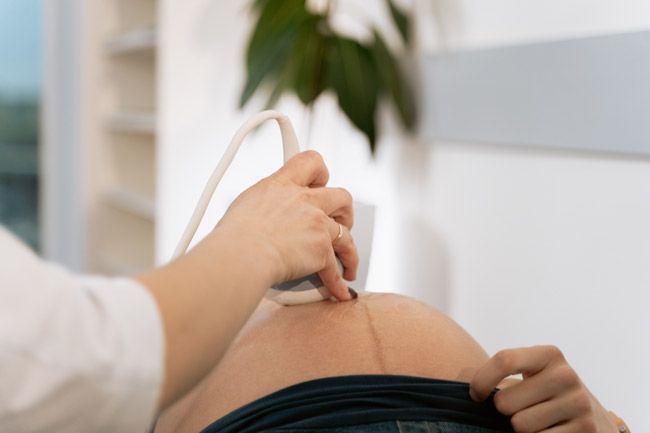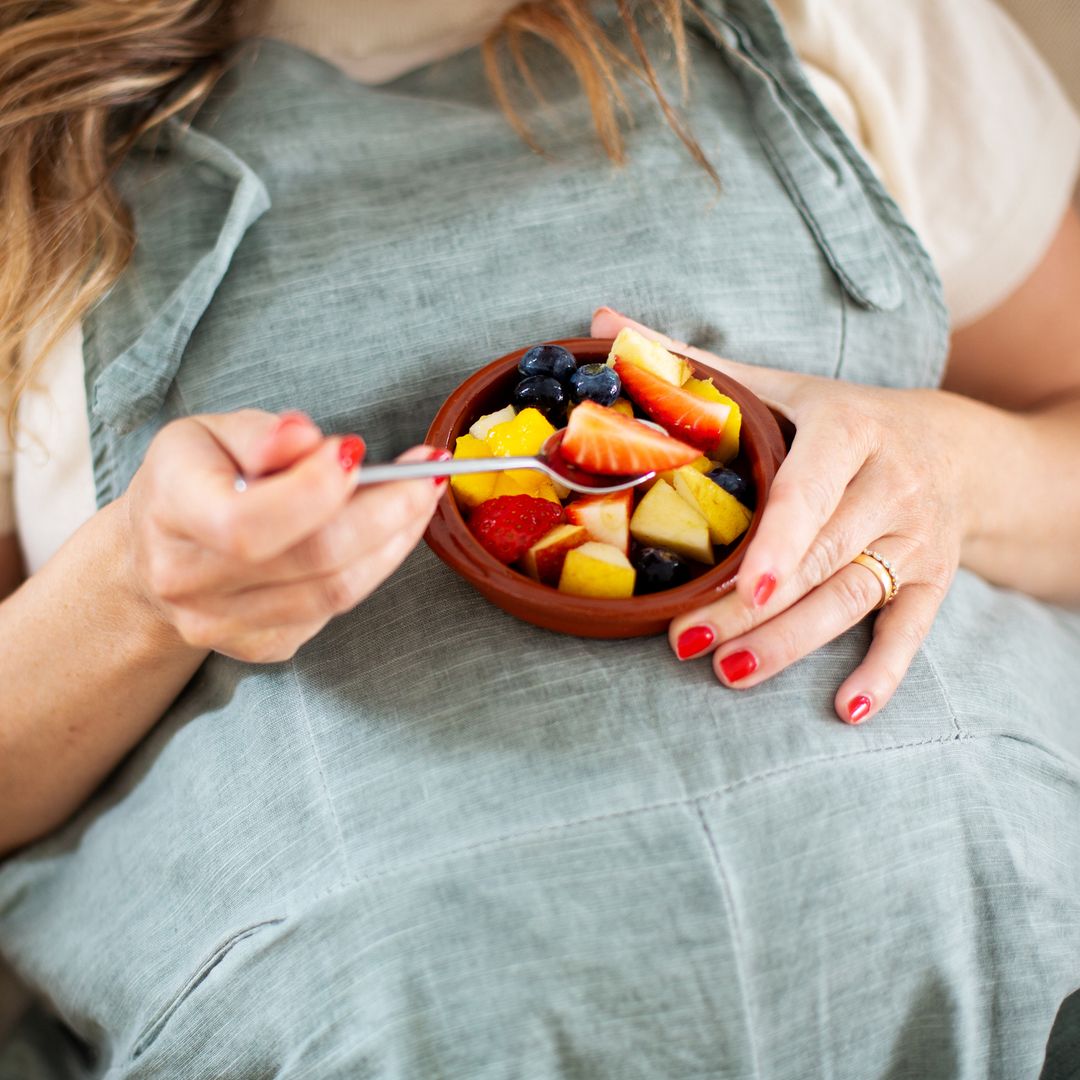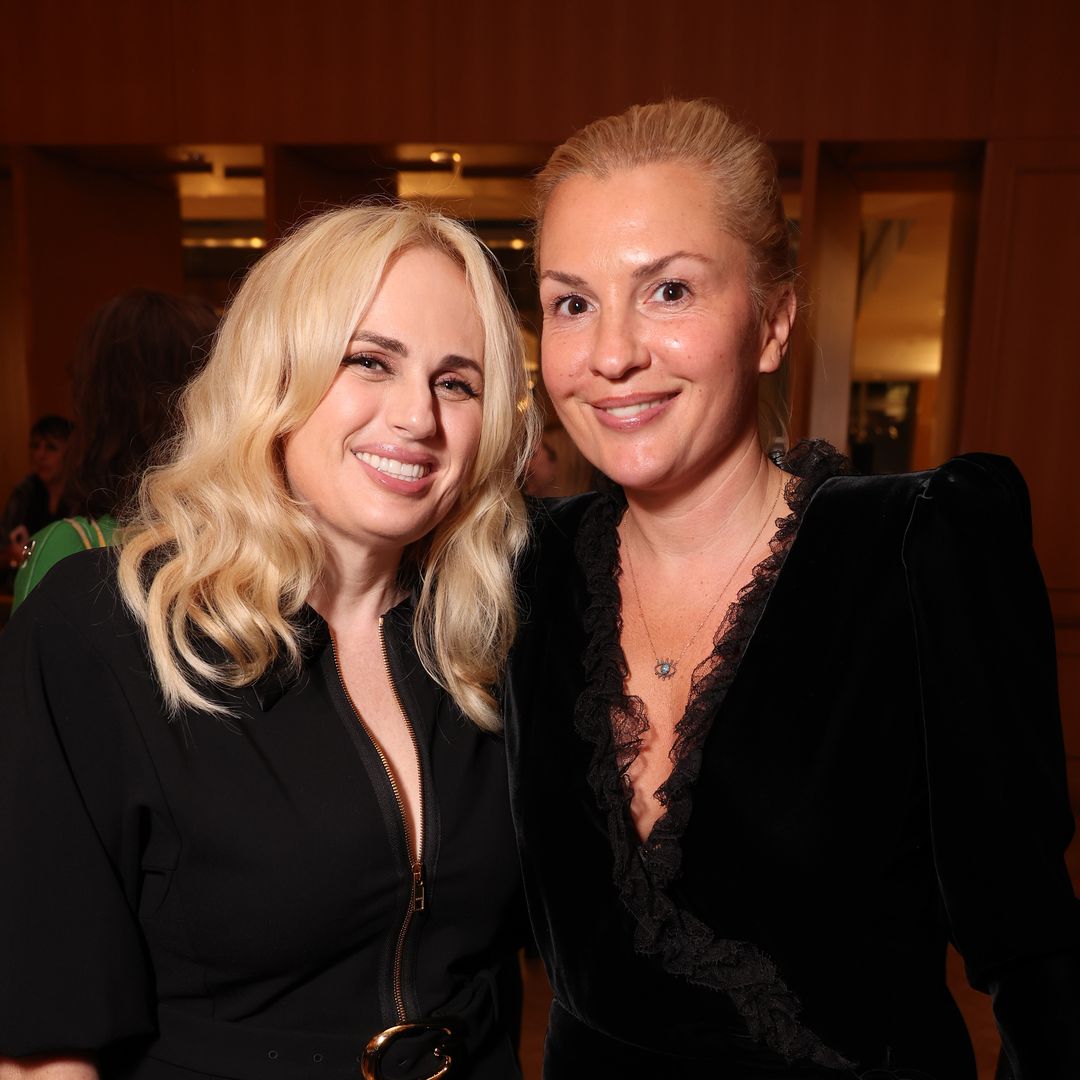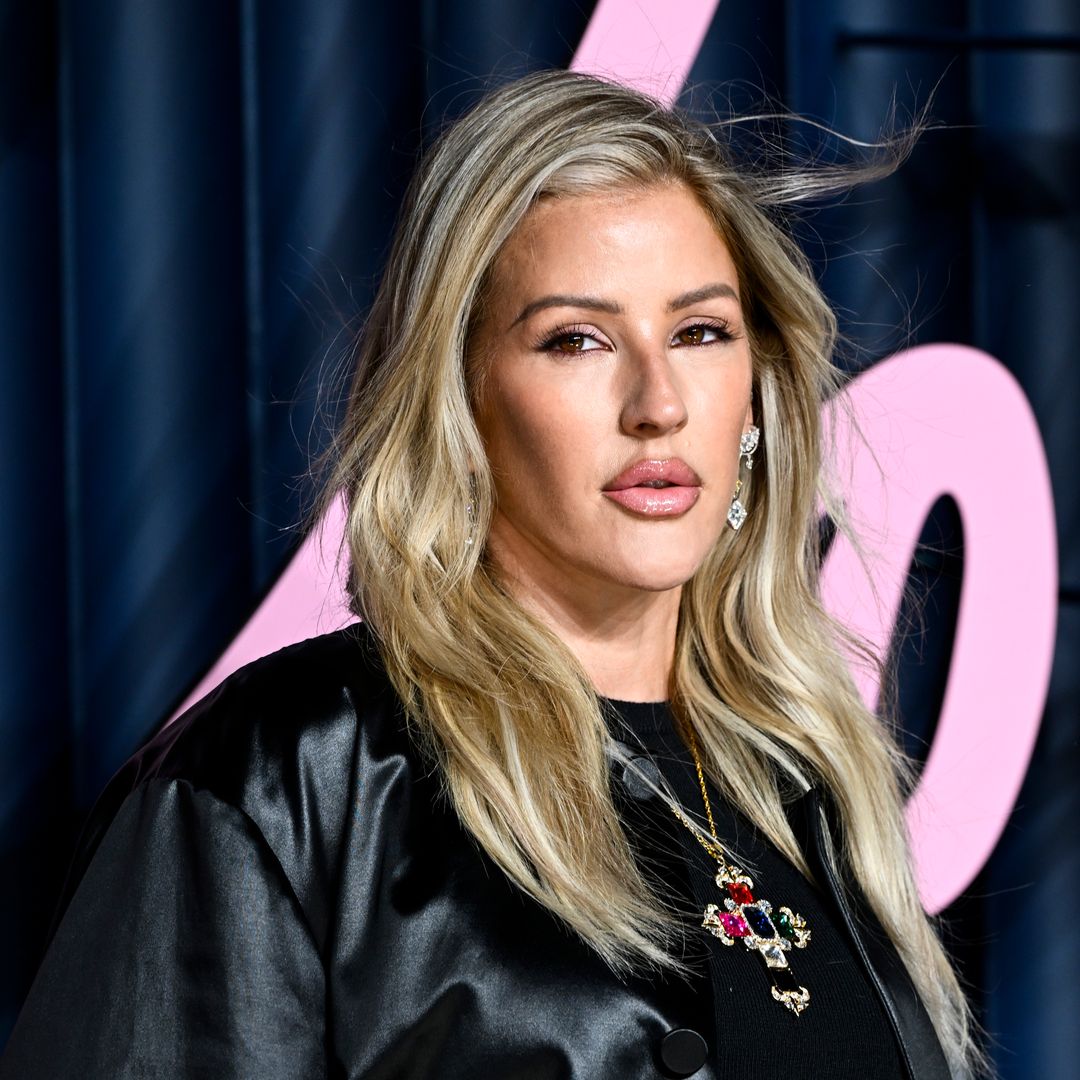Whether you've started your IVF journey or are researching the process, we've got everything you need to know from the average costs through to the different stages and who is suitable. Read on to learn more…
What is IVF?
IVF stands for In vitro fertilisation and it's basically a form of assisted reproduction where sperm and an egg are combined in a laboratory in the hope of creating a successful embryo.
There are multiple stages of IVF
What are the stages of IVF?
The NHS website details the six main stages of the IVF process.
- Suppressing your natural cycle – your menstrual cycle is suppressed with medicine
- Helping your ovaries produce extra eggs – medicine is used to encourage your ovaries to produce more than 1 egg at a time
- Monitoring your progress and maturing your eggs – an ultrasound is carried out to check the development of the eggs, and medicine is used to help them mature
- Collecting the eggs – a needle is inserted through your vagina and into your ovaries to remove the eggs
- Fertilising the eggs – the eggs are mixed with the sperm for a few days to allow them to be fertilised
- Transferring the embryo(s) – 1 or 2 fertilised eggs (embryos) are placed into your womb
Who is suitable for IVF?
The first port of call is to speak to your doctor to discuss your eligibility of IVF on the NHS. As a guideline, in the UK you are usually suitable for the treatment via the NHS if you are under the age of 43 and have been trying to get pregnant for two years.
How much does IVF cost?
Some people may be eligible for free IVF treatment on the NHS and depending on the local health board and its funding, could be offered up to three rounds of IVF without payment. If not, IVF can incur costs of around £5,000 per cycle, although clinics can set their own costs.
IVF has varying success rates
How successful is IVF?
Like with all medical procedures, the effectiveness can vary from patient to patient but as a guide, the NHS have published statistics which show the the percentage of IVF treatments that resulted in a live birth in 2019.
- 32% for women under 35
- 25% for women aged 35 to 37
- 19% for women aged 38 to 39
- 11% for women aged 40 to 42
- 5% for women aged 43 to 44
- 4% for women aged over 44
Like this story? Sign up to our HELLO! newsletters to get other stories like this delivered straight to your inbox.
